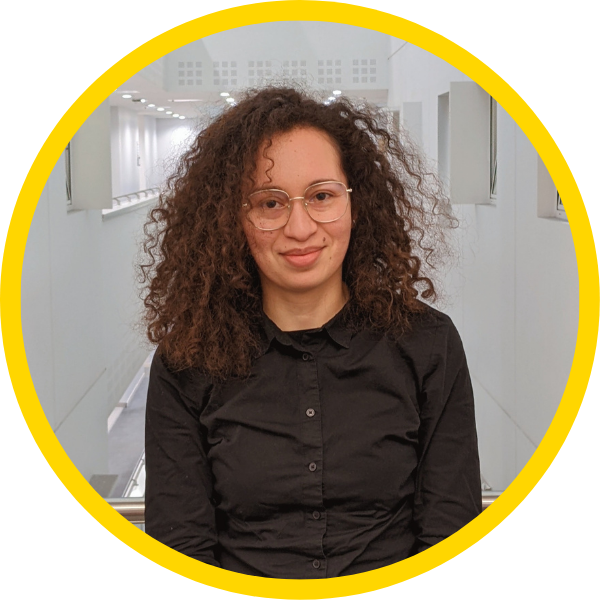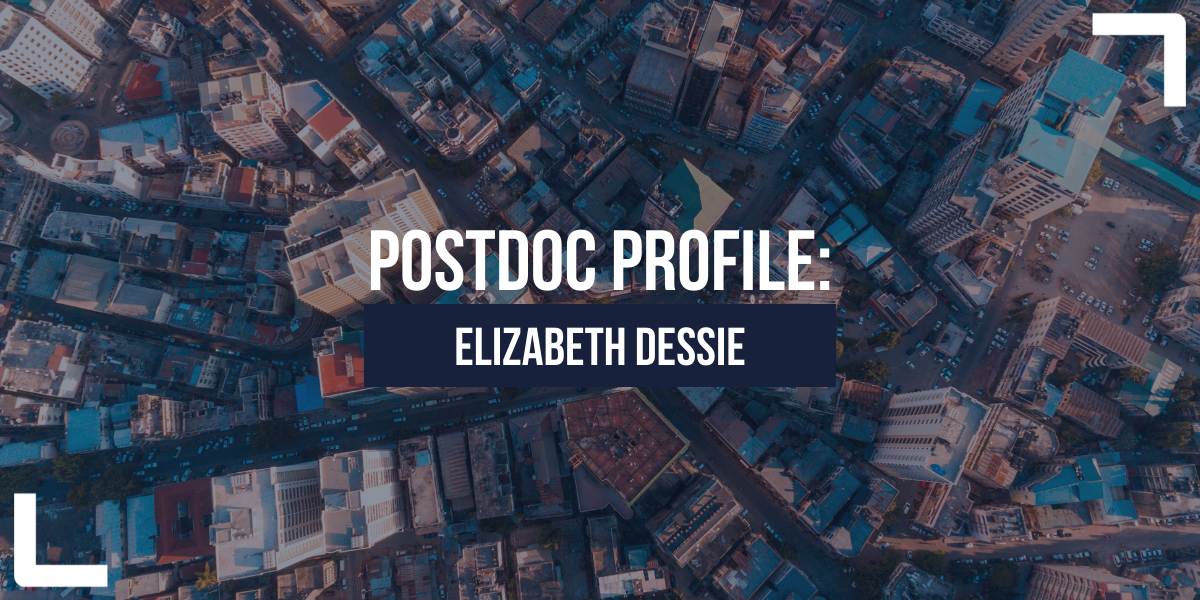Eight postdoctoral research fellows joined ACRC in early 2022, based at The University of Manchester’s Global Development Institute. As well as working on their own research, the postdocs are providing vital support across our eight urban development domains, with mentoring from dedicated members of our research team.
Here, Elizabeth Dessie talks about her research background, her interest in rural–urban youth migration and how people experience urban life differently, and why she is excited to be a part of ACRC.

Tell us a bit about your background…
I have a BA in international relations and peace and conflict studies from London Metropolitan University and a master’s degree in international development studies from the University of Joseph Fourier in Grenoble. Leading up to this fellowship, I had also been working in different fields and cities, which formed an important part of the drive and motivation that drew me back into research. I completed my PhD in human geography at the University of Gothenburg at the end of 2021.
How would you explain your research to a friend or family member?
My research explores the reasons why certain people move to cities, what shapes their experiences of urban life and why they do the work that they do. Because cities are places where social practices are challenged and re-made through everyday interactions, it is important to ask how the experiences of one person differ from those of another, and why. My research explores these questions in relation to youth who migrate to cities from rural areas in sub-Saharan African urban contexts, with a particular focus on young women and girls.
What does your role within ACRC entail?
As a postdoctoral fellow at ACRC, I will have an opportunity to work on my individual project, which builds on my PhD research that mapped the livelihood strategies of young rural migrants in Addis Ababa through a gender-focused lens. I am also part of an exciting domain-based research group focused on youth and capability development, where I have a chance to engage with experts on advancing new research on youth-related themes and with research teams in some of ACRC’s selected cities, which is fantastic.
“Because cities are places where social practices are challenged and re-made through everyday interactions, it is important to ask how the experiences of one person differ from those of another, and why.”
What are you finding most interesting about your work with ACRC so far?
I feel very fortunate in having joined ACRC in its current phase, in which research plans are being drawn up and the foundations for the work that lies ahead are being set. I take great pride in this, because it allows us, the postdoctoral fellows, to contribute to the programme in a formative way. This is a privilege, given its scope and scale. I am also thrilled to work with researchers from different fields who share my fascination with cities, which creates an environment buzzing with enthusiasm. I am happy to be a part of this team and at this point in time.
In fewer than five words, what one issue do you think needs to be prioritised to improve urban development in African cities?
Inclusive policies focused on youth.
What do you enjoy doing in your spare time?
I love to immerse myself in history, whether that be in the form of a book, an exhibition or a documentary. That is definitely one of my favourite things to do. Right now I get to enjoy history by getting to know Manchester, a new city to me – which involves getting lost at times, but also finding your way and discovering a new neighbourhood in the process – which is very exciting.
Note: This article presents the views of the author featured and does not necessarily represent the views of the African Cities Research Consortium as a whole.
The African Cities blog is licensed under Creative Commons Attribution-NonCommercial-NoDerivatives 4.0 International (CC BY-NC-ND 4.0), which means you are welcome to repost this content as long as you provide full credit and a link to this original post.


